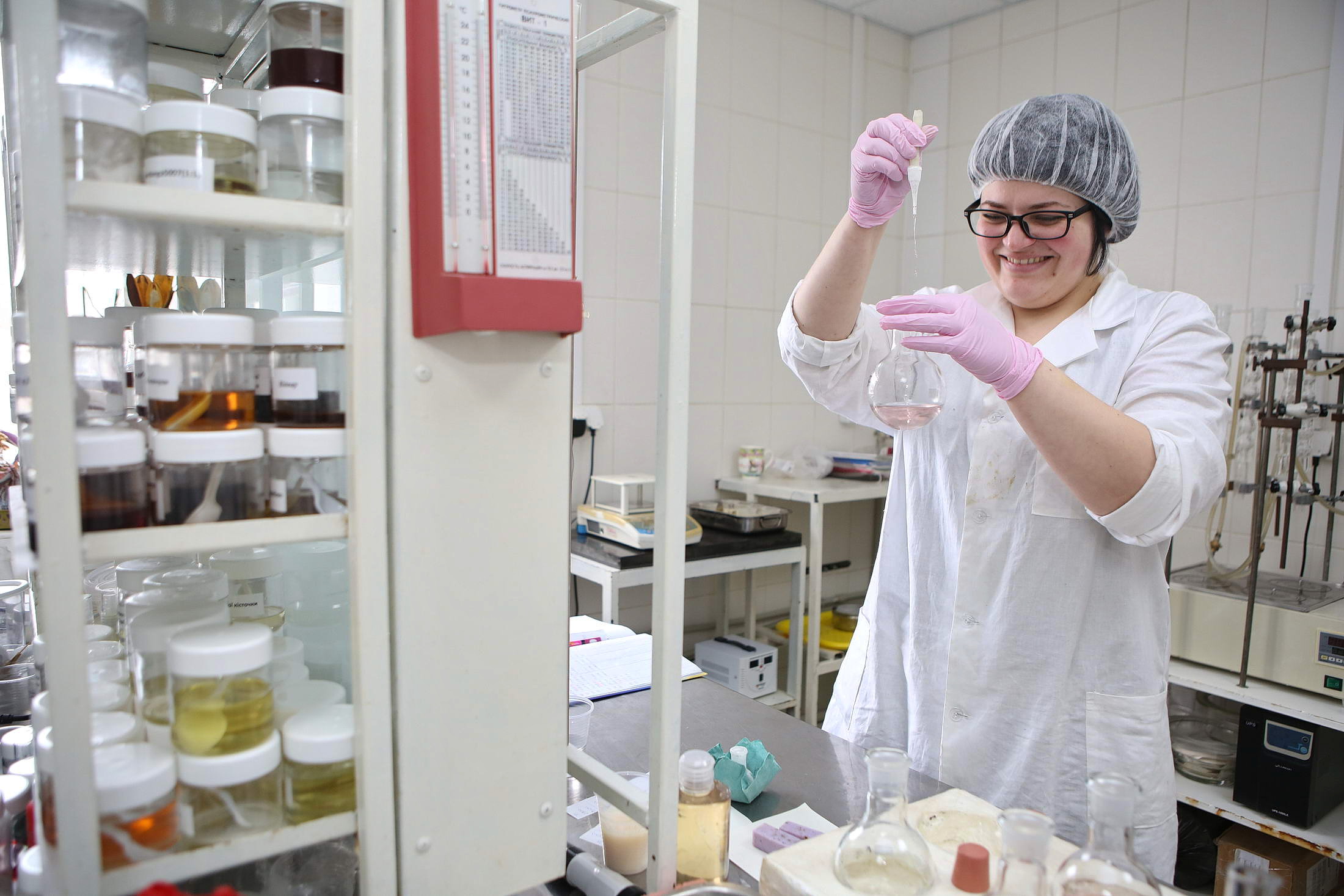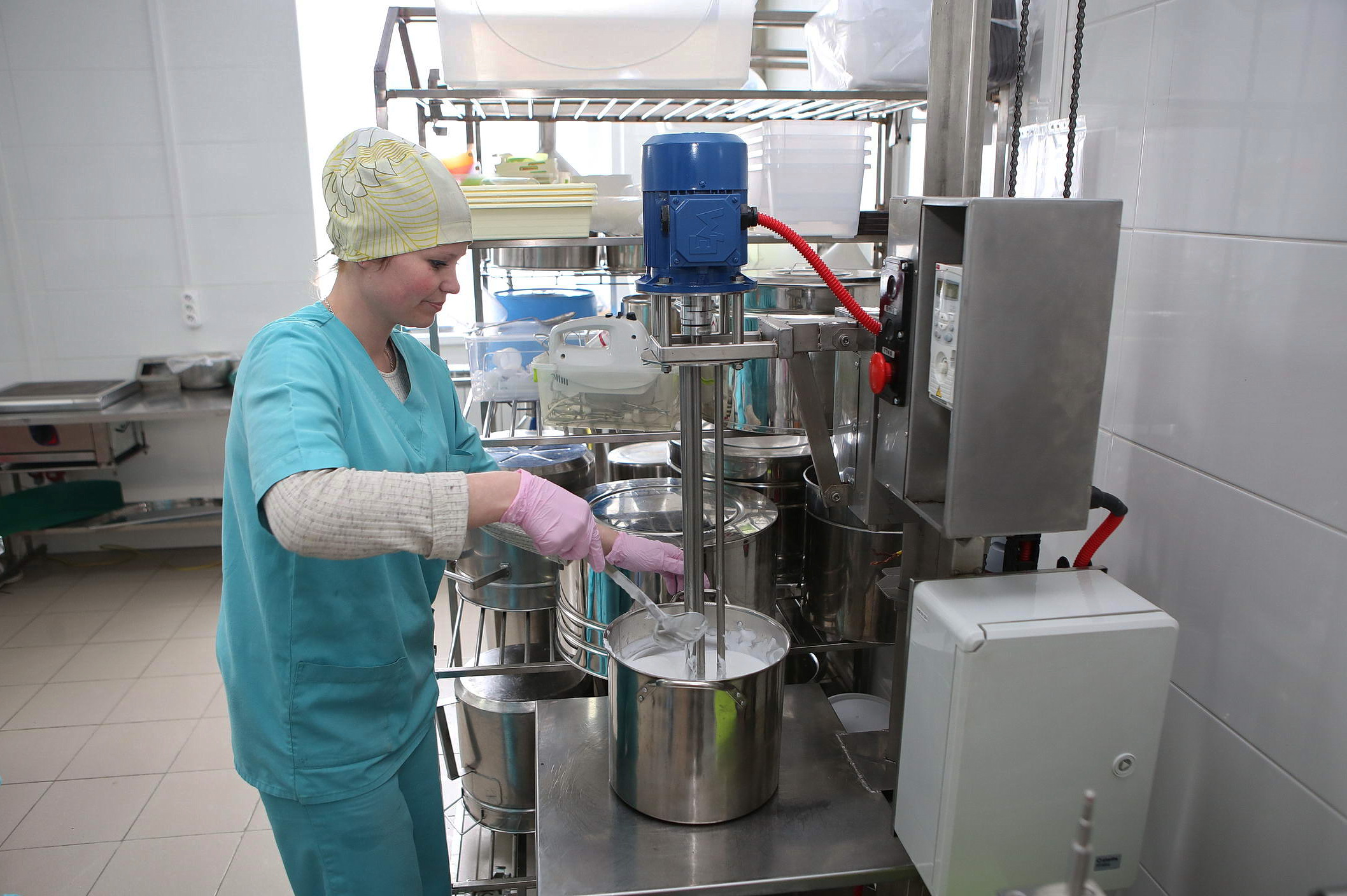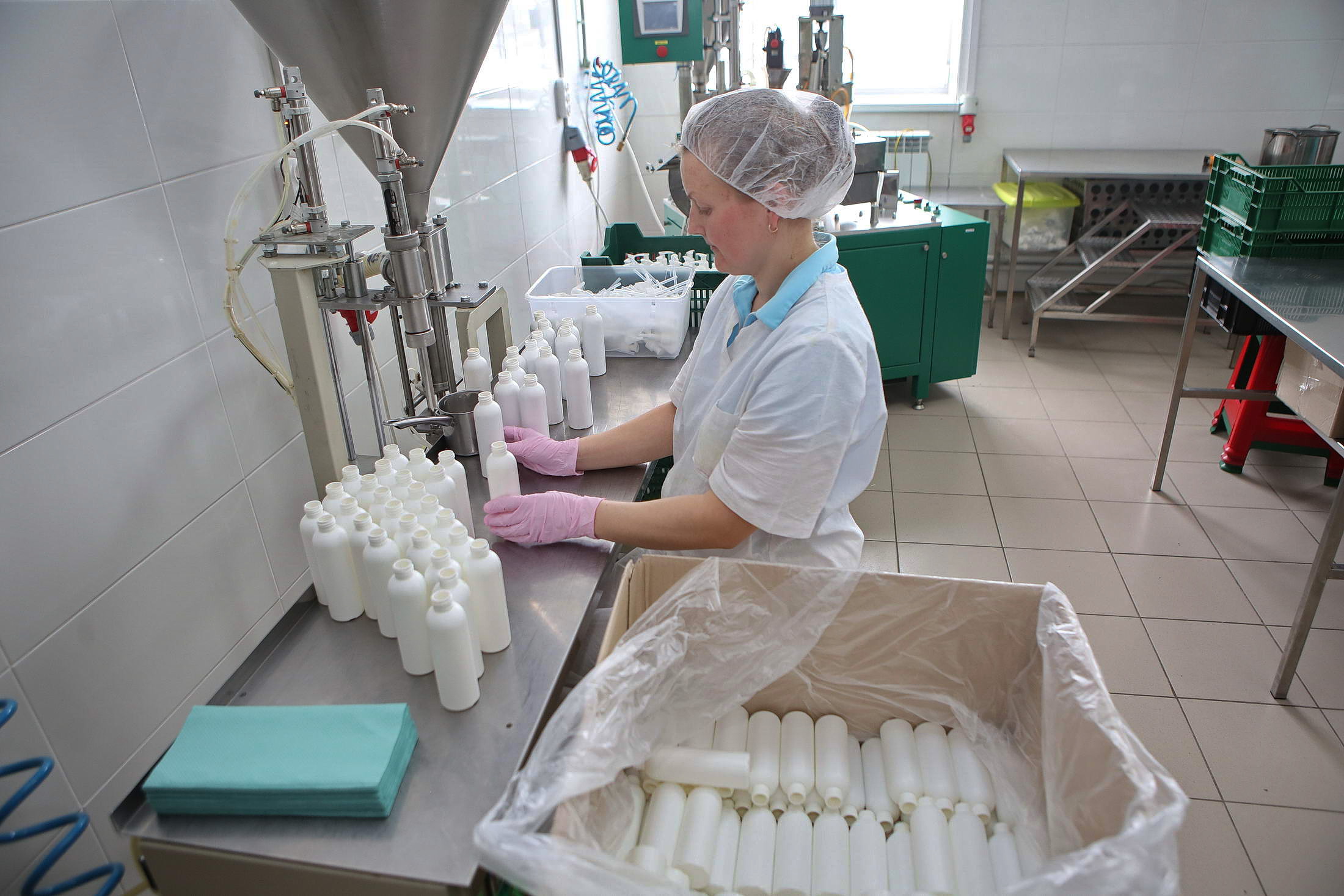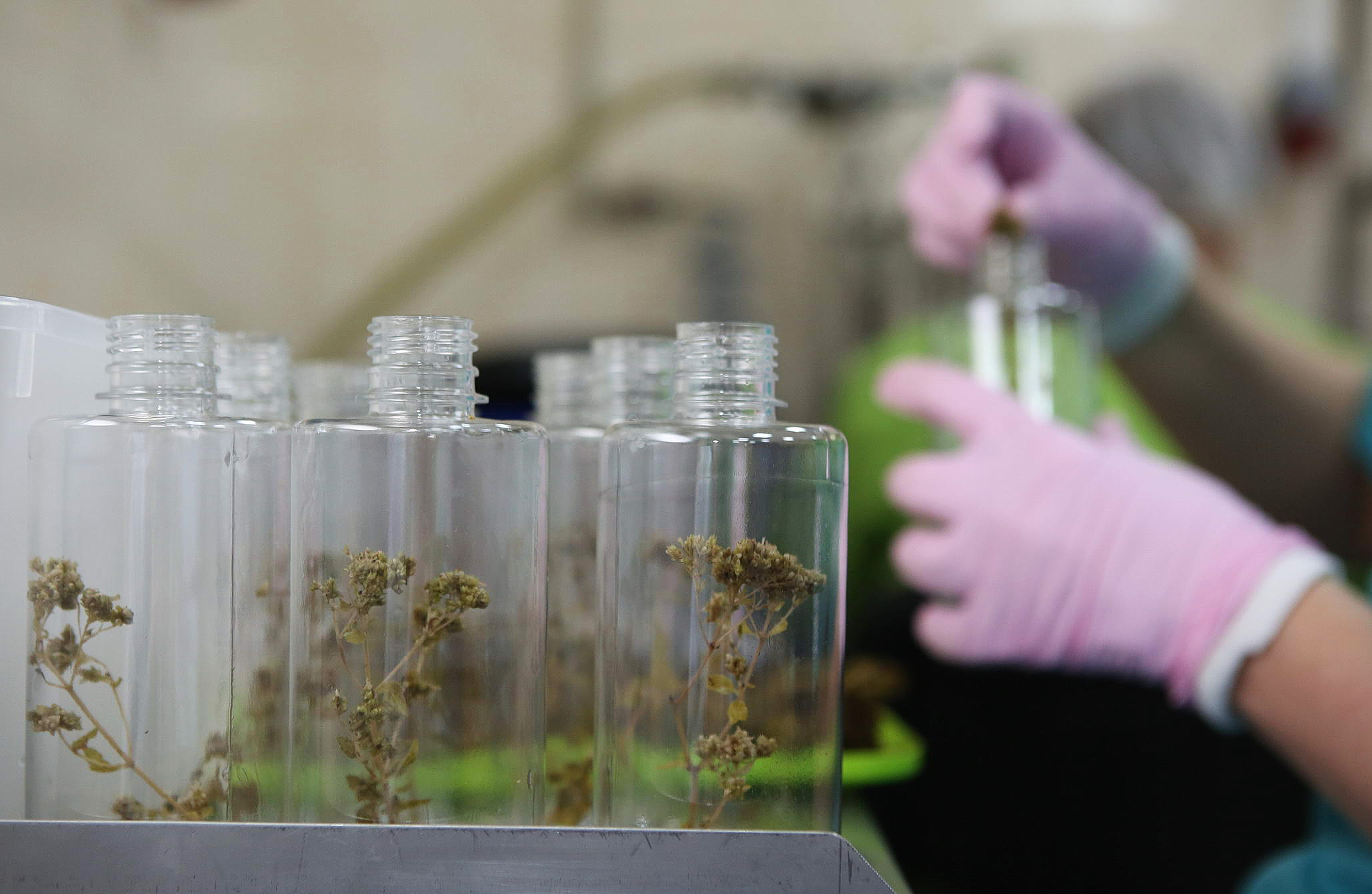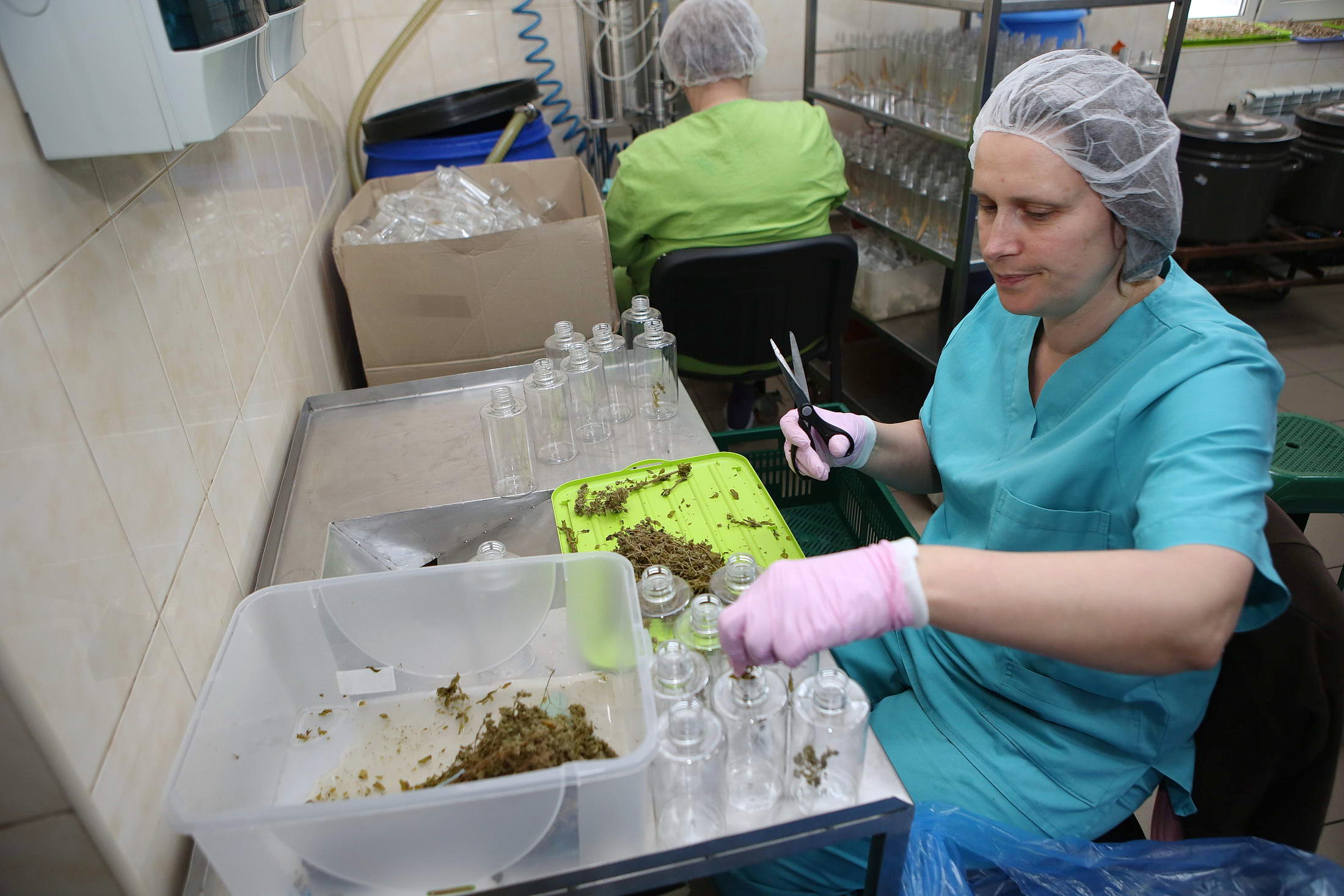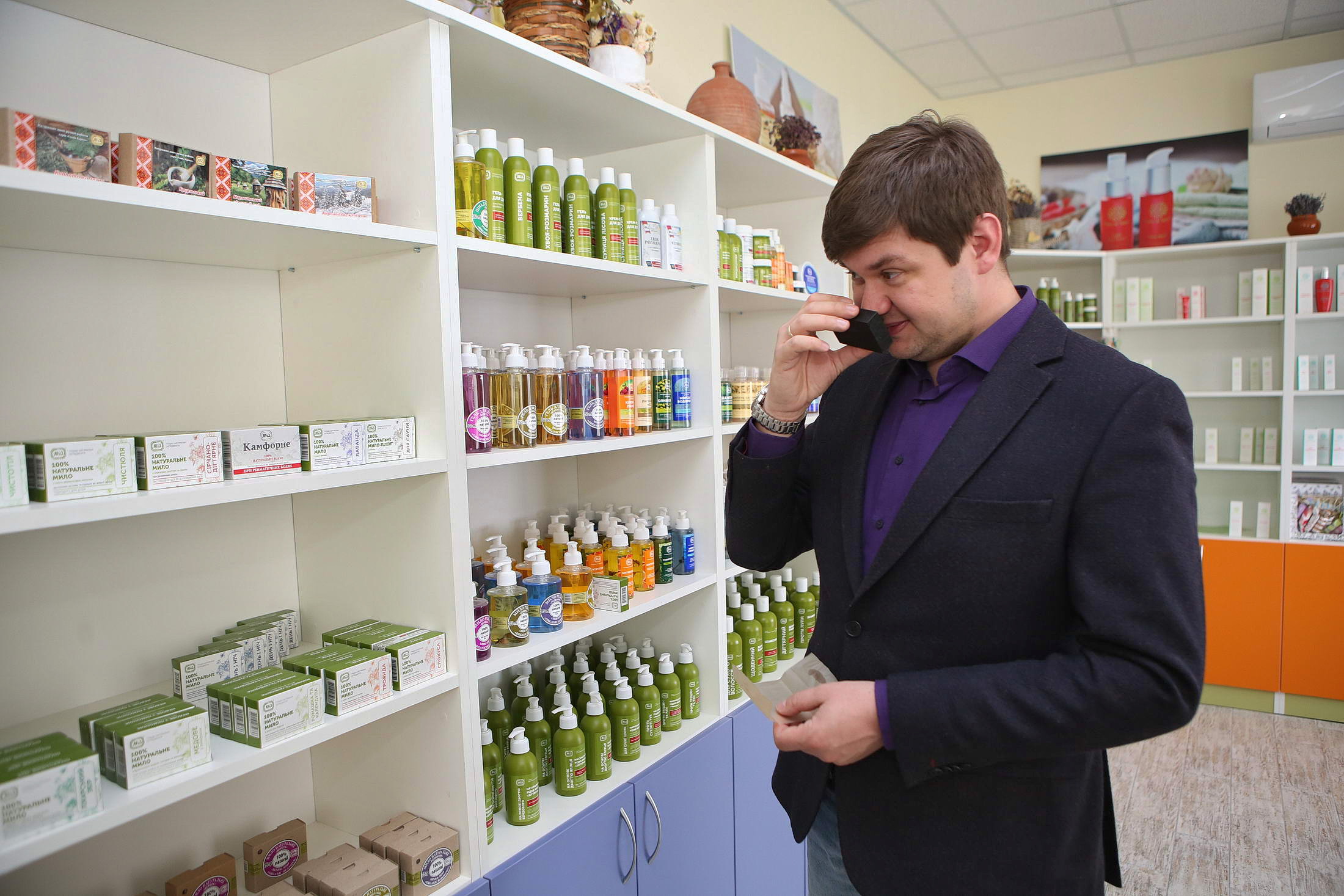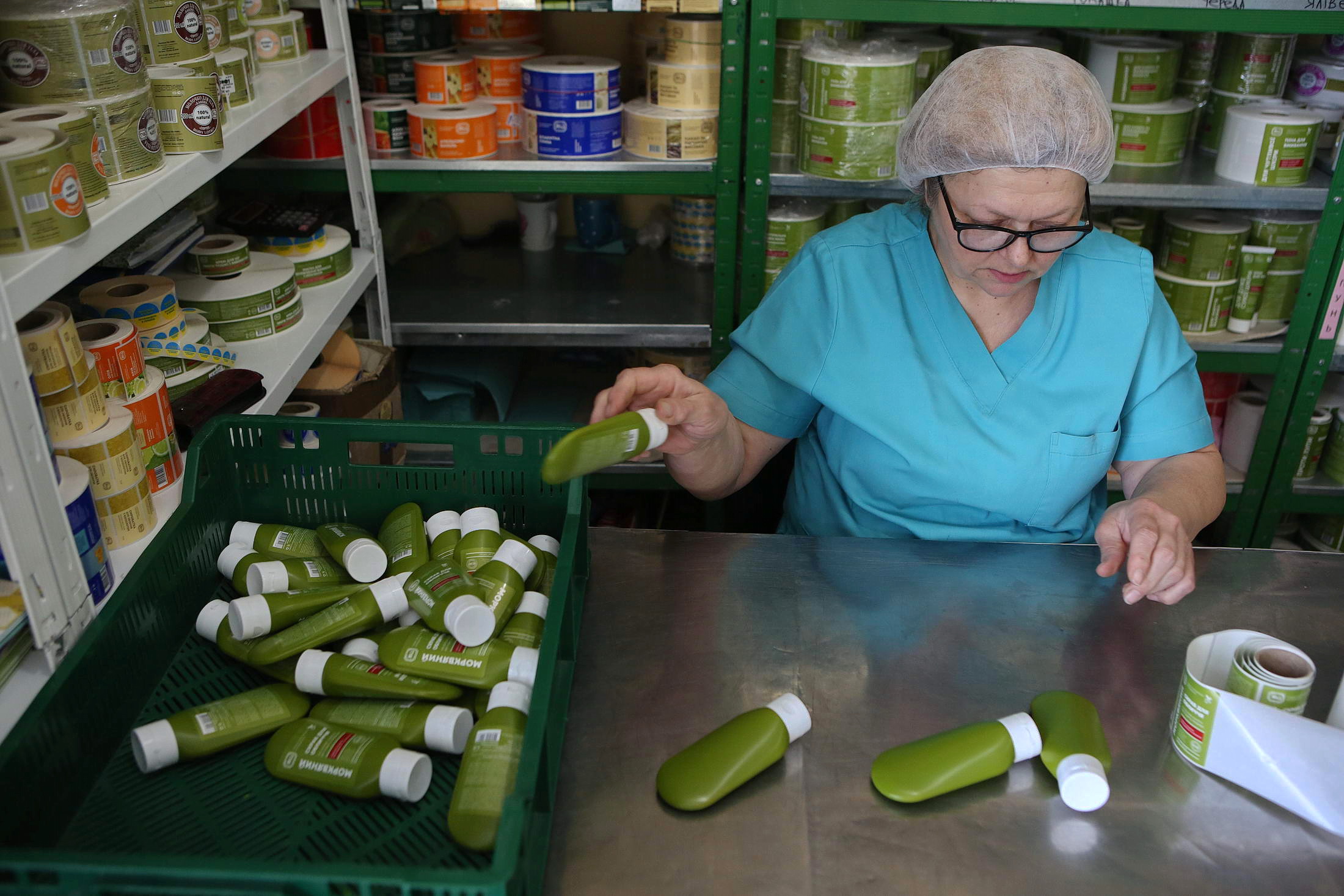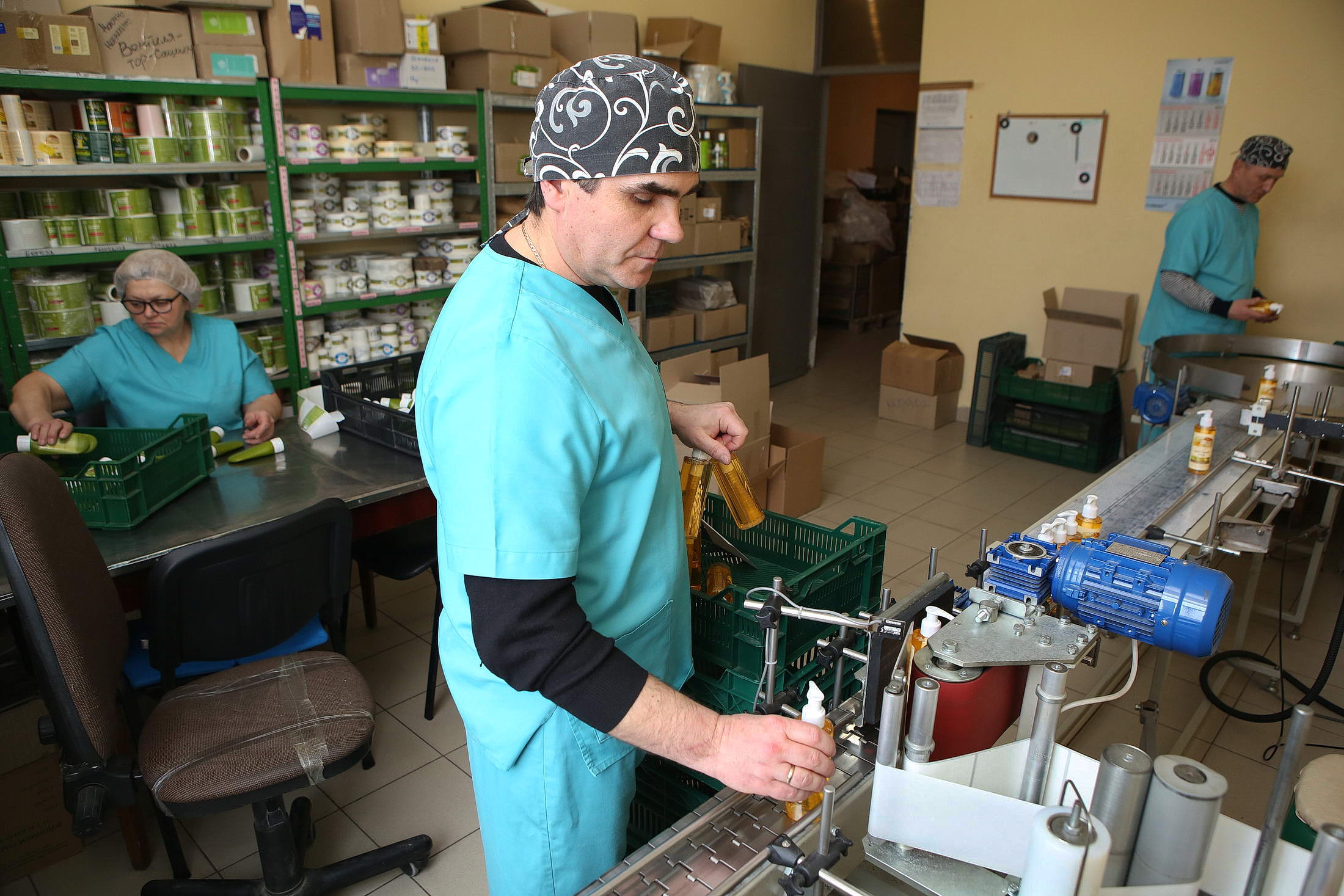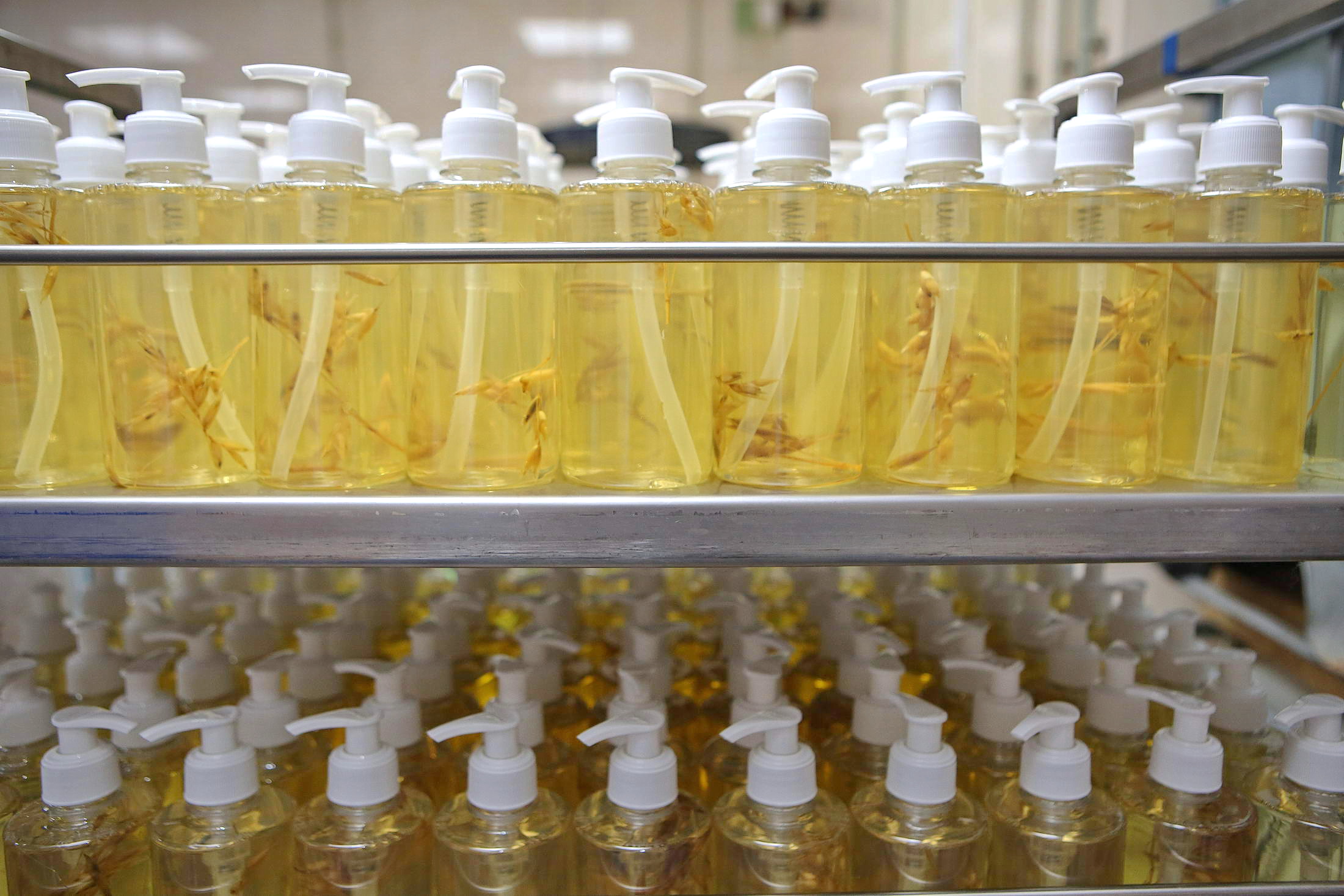Ukrainian beauty product companies are optimistic about the future.
On the face of it, there’s not much reason for them to be so. Corruption still plagues the economy, and Russia’s war on Ukraine continued unabated.
Moreover, since 2013, Ukraine’s exports of beauty products — makeup, skin care, and hair products — have more than halved, while imports declined by 41 percent.
While these figures are troubling, many entrepreneurs, including Taras Tarasevych, the general manager at beauty product producer Remos, believe Ukraine can still become a strong player in the global beauty industry. Remos, having established itself on the domestic market, is now exporting to Poland, signing its first export contract with a Polish firm at the end of 2017.
In addition to Remos, the Ukrainian beauty market’s biggest players include companies like Agor, Piel Cosmetics, Organic Life, and White Mandarin. One of the biggest Ukrainian online beauty stores, MakeUp.Ua, has at least 120 brands marketed as “made in Ukraine.” Most of the companies produce skin care and hair products, while makeup accounts for no more than 20 percent of sales.
In 2017, Ukraine exported beauty products worth a total of $75.9 million, and imported products worth $367.6 million — almost five times more. Ukraine imports from such international brands as Mary Kay, Oriflame and Avon, which have established a vast network of distributors. One of the largest exporting companies in the Ukrainian beauty industry is Elfa Group, which has 23 different brands and exports its products to the Baltic states, Russia, Moldova, Kazakhstan, Georgia, Belarus, and Azerbaijan.
Delayed plans
Remos was launched as a family business back in 2005, right after the Orange Revolution, making natural soap. Tarasevych’s parents, who founded the company, did not have any experience in the beauty industry, but simply wanted to make a product of high quality that they themselves would want to use.
Thirteen years later, the company now has two brands: YAKA and Claire de Nature. Fifty people work at the Remos factory near Kyiv, which produces Hr 13 million ($500,000) worth of goods per year. All of the products are made with natural ingredients that the company purchases mainly from German and French companies.
Finding its niche in the soap sector, YAKA quickly became a mass-market brand that is now available in most of Kyiv’s beauty and pharmaceutical stores. Remos started to expand its product range in 2010, and now makes around two hundred products for body care. One product that Tarasevych is especially proud of is a tar soap — one of the company’s first creations.
Mainly present in Ukraine’s larger cities, Remos is now looking for ways to expand into the Ukrainian regional markets, as well as exporting to more EU countries.
But Russia’s war on Ukraine in the Donbas and the general decline in the economy since 2014 have held up the company’s plans.
Exports to Poland
Another delaying factor is a shortage of capital.
Tarasevych and the other senior managers of the company have been investing their own money into developing the company so as to avoid having to take bank credits, which are prohibitively expensive in Ukraine.
Financing is a challenge for all Ukrainian companies, but especially for those that want to export to the EU, as gaining the proper product certification is very expensive for small- and medium-sized companies.
“We want to work with a lot of countries,” Tarasevych said. “But we started to work with Poland because they were the first to offer help with product certification for the EU.”
The challenge of entering the Polish market is even more difficult, as the country requires certification documents of a type that are not issued by any agency in Ukraine.
“There are differences between Ukrainian and European quality certificates, which means that we have to order some (certification) services elsewhere to meet EU requirements,” Tarasevych said.
But in 2017 Remos signed its first international contract and now delivers its YAKA products to Poland. After two months of cooperation, Remos has already increased its exports to Poland by 200 percent, Tarasevych said, though he didn’t give any absolute figures.
Inspired by the success in Poland, this year Remos plans to penetrate other EU markets such as those of Slovakia, Croatia, and the Czech Republic.
Tarasevych said cooperation with Polish businesspeople is easy because of their “openness and transparency.” He stressed that Remos works as a transparent company, having obtained all of the required official documents and following all of the state’s standards in production and employment.
“In Poland all companies work like that,” he said. “You can’t say the same about many Ukrainian ones.”
